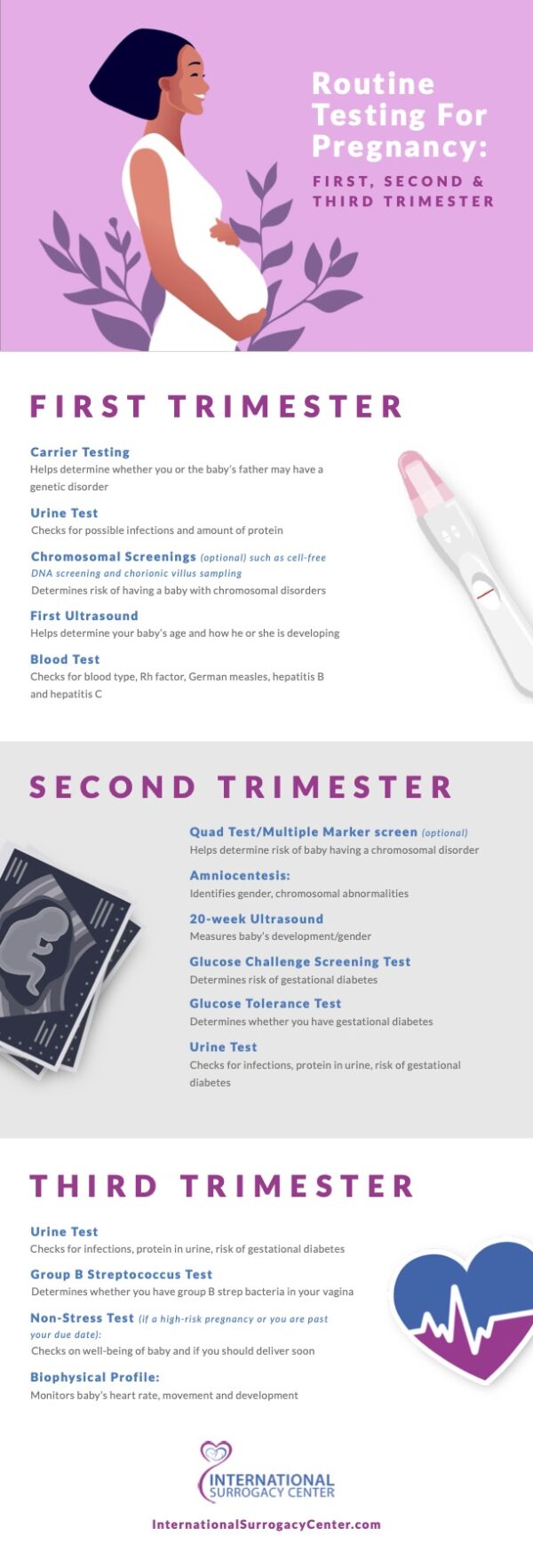Routine testing for pregnancy is a common and essential practice for women of reproductive age. These tests are typically conducted to confirm pregnancy by detecting the presence of the hormone human chorionic gonadotropin (hCG) in the urine or blood, which is produced shortly after a fertilized egg attaches to the uterine lining. Early and accurate detection of pregnancy is crucial for ensuring proper prenatal care, allowing healthcare providers to monitor and support the health and development of both the mother and the fetus from the earliest stages. Routine pregnancy testing can also help in planning and managing lifestyle changes, as well as addressing any potential health concerns promptly. Widely available over-the-counter pregnancy tests offer a convenient and private initial step, while clinical tests provide confirmation and more detailed information. Understanding the importance of these tests can lead to healthier pregnancies and better outcomes for both mothers and their babies.

Infographic provided by International Surrogacy Center, a top company for finding surrogate mother
